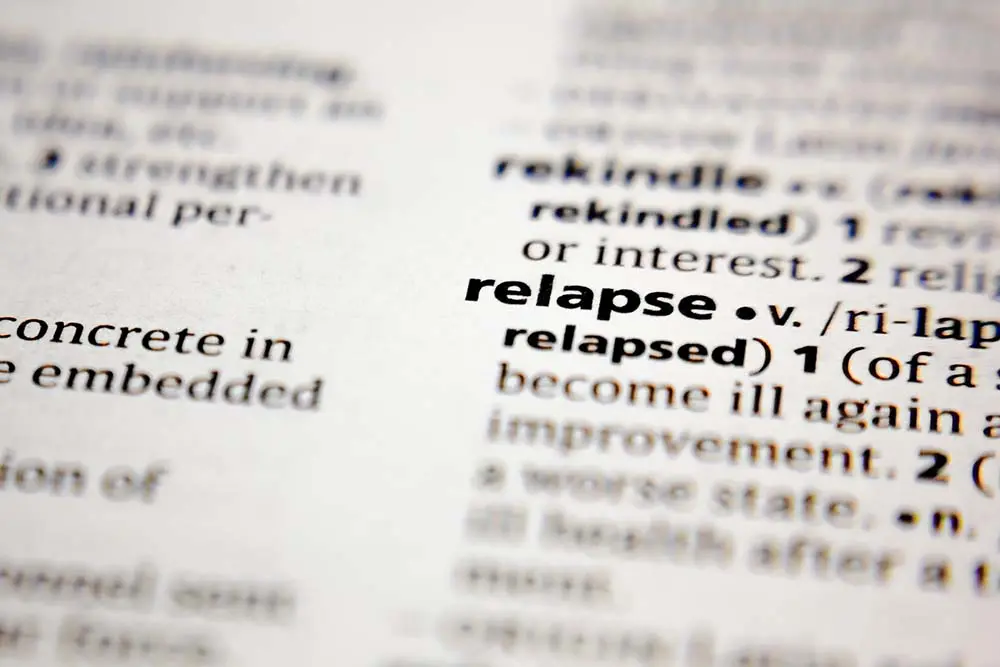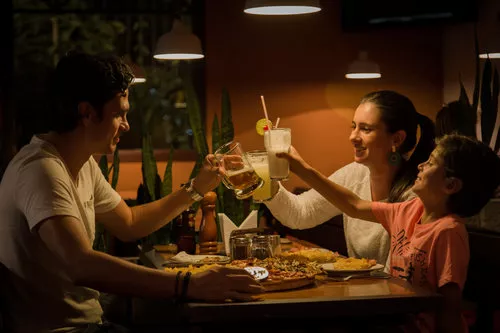Starting the journey to recovery from addiction can be stressful. It might seem like an impossible challenge to face on your own. But you don’t have to go at it alone. Recovery can be hard work that is done much more easily with the help of others. As social beings, humans thrive on connection to other humans. Together, we can help each other overcome the biggest and most complicated challenges in life. The social support that makes us feel empowered, valued, and loved is vital to our overall health, particularly when navigating recovery from drug and alcohol addictions.
It doesn’t help that addiction and isolation feed off each other. Loneliness is a complicated and universal human emotion, which presents a real challenge for people with addiction. Drugs and alcohol can intensify existing feelings of isolation. For some, loneliness, caused by grief or loss, may lead to drug or alcohol use. What begins as an unhealthy “coping mechanism” may trigger addiction as the body’s dependency on substances progresses. For others, the stigma of addiction and fear of judgment might cause detachment from family and friends. Whether it’s a cause or an effect, isolation and addiction create a cycle that is difficult to escape but one that we can eventually break.
During the early stages of recovery, the brain and body need time to rebuild their strength. It’s a vulnerable time that can be negatively impacted by unhealthy relationships with others who use drugs or alcohol. Separating these connections from the substances themselves can be difficult, making the recovery process more challenging. This is why you should feel inclined to step away from friendships and environments, like bars and clubs, centered around substance use. In their place, building healthy relationships that support healthy living is crucial.
It can feel daunting to navigate life without drugs or alcohol, but recognizing the need for treatment is the first important step in the right direction. From there, embracing a network of support is one of the keys to a successful, lifelong recovery. Research shows that people undergoing addiction treatment achieve better results if they participate in support or self-help groups as part of their recovery plan.
If you’re starting your recovery or just looking for ways to support a loved one with their recovery journey, here’s a list of different types of trusted resources to help along the way.
The first step of starting treatment is researching your options. Finding accurate and helpful information is crucial for starting your recovery journey off on the right foot. It can help save the time and energy needed to focus on treatment.
A quick Google search for “addiction treatment” proves there is no shortage of choices available. This is because addiction is a complicated illness, and no two people experience it the same way. Thousands of search results can become overwhelming if you’re trying to find treatments that align with your specific health needs, lifestyle, and goals.
Once you’ve found a few options in your area, visit their websites and read up on their approach to treatment. If you have questions about if their program is right for you, call and speak with a member of the intake staff. This conversation should give you the answers you need to make an informed decision.
If Eleanor Health is available in your area, we welcome your questions about getting started with treatment. To see if we’re the right fit for your recovery journey, we offer free 15-minute consultations. Get help today.
Another good place to start is your local public health agencies or the Substance Abuse and Mental Health Services Administration (SAMHSA), a U.S. Department of Health and Human Services branch. SAMHSA’s website features a directory and map of treatment facilities across the country.
There are also several online directories and message boards that can connect you with various educational resources and online support groups.
Some popular ones include:
If you prefer calling and speaking directly with another person to instant messaging, there are also plenty of hotlines/helplines that help people experiencing substance use disorder, such as:
Perhaps one of the most well-known resources for addiction, 12-Step programs are self-help support groups for people facing the same addiction struggles as you.
The original 12-Step program was created by Alcohol Anonymous in the 1930s and became widespread throughout the United States. It provides group members with 12 principles to guide them through their abstinence. While the original program was connected to spirituality, members of all faiths are welcome. Many non-religious people find success with it. Today, many support groups use the same principles of the original program but modify it for the specific needs of other types of addictions.
12-Step programs are typically free, easily accessible in-person or online, and used by millions of people worldwide. Many people often form long-lasting bonds and friendships with fellow members of the program. Together, you’ll help each other through tough times and celebrate the milestones of your recovery.
To find a local 12-Step program near you, visit these websites:
Programs like Alcoholics Anonymous are certainly among the most popular, but that doesn’t mean their approach works for everyone. To get the most benefit out of your support group, it’s important that you feel comfortable and understood.
As an alternative to spirituality-based programs like AA, secular (non-religious) support groups are available for people who don’t practice religion or identify as spiritual. Members from all backgrounds are welcome to participate in secular support groups.
For your loved one seeking help with addiction, your consistent support plays a key role in their recovery process. However, providing them with dedicated help can be tiring, stressful, and emotionally draining.
While your loved one needs a strong support system for recovery, it’s important not to forget about your mental health. There are special support groups to connect you with other families and friends experiencing the same situation and struggles.
Part of recovery for both people directly affected by substance use disorder and those indirectly affected as a loved one is gaining knowledge and perspective about the disorder. Because of this, it may be helpful and comforting to learn more about why addiction develops, and coping strategies to lessen its effects.
There are a multitude of media resources available to help you with this, including:
Books:
Apps:
Podcasts:
If you are struggling and doubting yourself, remember you’re not alone. It’s okay to turn to a trusted community member for support and guidance. Opening up the conversation with them might feel scary, but it could improve your life. Don’t worry about explaining things perfectly to them. Remember, simply saying you need help is a good place to start.
A few examples of people who can help connect you to treatment:
If you need help with your substance use disorder, we are here to help you build your confidence and momentum towards the future you want. We provide treatment services for adults with alcohol, opioid, and other substance use disorders. We are currently located in Louisiana, Massachusetts, North Carolina, New Jersey, Ohio, Texas, and Washington.
 Protecting Your Addiction Recovery: Setting Boundaries During the Holidays
Protecting Your Addiction Recovery: Setting Boundaries During the Holidays
 Addiction Relapse: Why It Happens & How to Prevent It
Addiction Relapse: Why It Happens & How to Prevent It
 How do families get help when a loved one has alcoholism?
How do families get help when a loved one has alcoholism?